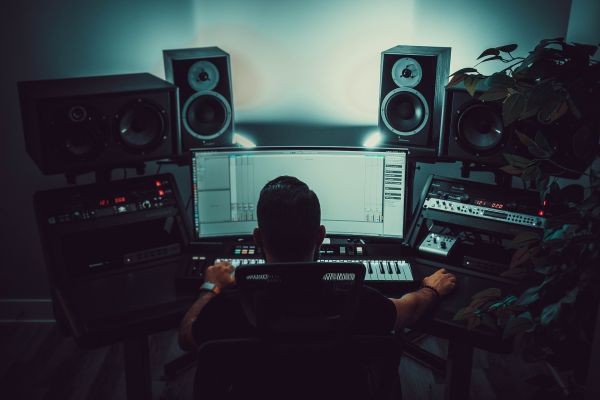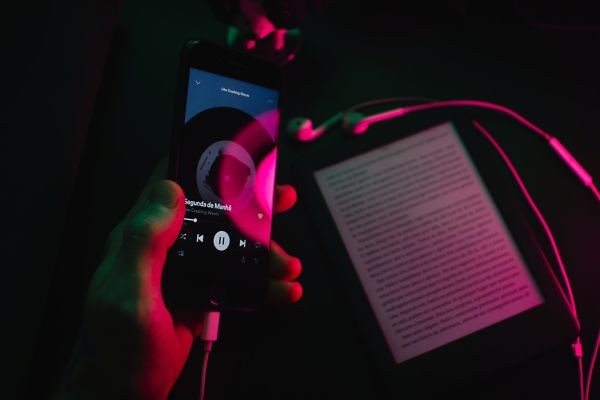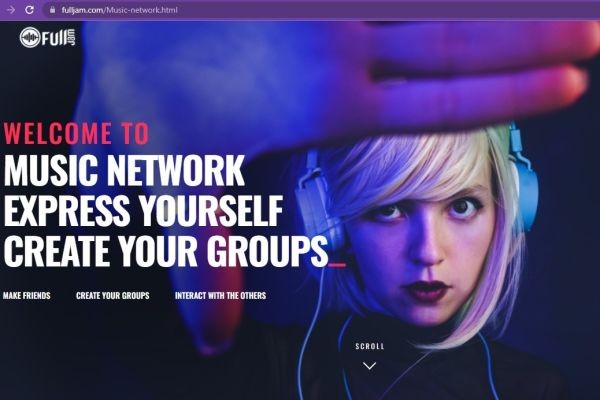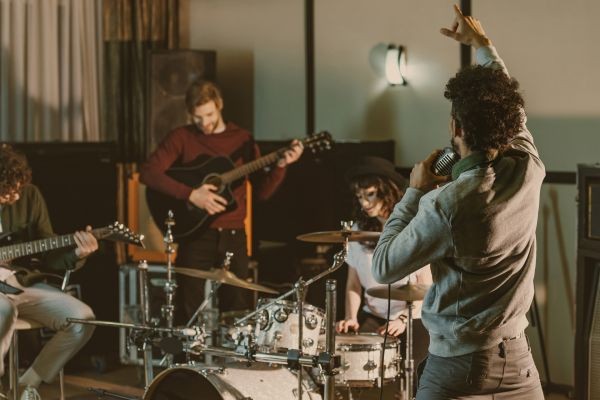Artificial Intelligence in the Music Industry
05/22/23 • 1,334 Views
The music industry has been experiencing the transformative power of artificial intelligence (AI) for years. From AI-generated music to personalized recommendations, AI has reshaped the landscape of music production and consumption. Let's explore the various ways AI has revolutionized the industry and address the concerns surrounding its influence.
One significant development is the emergence of AI-generated mindfulness ambient music and rights-free music for content creators. These industries have matured over the past few years, providing a vast library of music that can be used without copyright restrictions. Additionally, automated mixing and mastering processes have become common, enabling artists to achieve professional-quality sound effortlessly.
AI algorithms have also revolutionized streaming services' recommendation systems. By analyzing music characteristics and identifying patterns, AI can deliver personalized music suggestions to users. This has greatly enhanced the discovery process, making it easier for listeners to find new artists and genres.
While concerns about AI replacing human musicians and oversaturating the industry exist, they may be largely unfounded. AI cannot replicate the creative abilities of human musicians. The essence of music lies in the emotional depth and connection that humans bring to their art. AI can assist in the creative process but cannot replace human creativity entirely.
Furthermore, fears of oversaturation due to repetitive sounds or styles are largely unfounded. Listeners still have autonomy over their musical preferences and can explore a variety of genres. If a particular genre becomes oversaturated, listeners have the freedom to seek out alternative options.
It is crucial to address ethical and legal considerations when integrating AI into music production. Copyright infringement remains a concern, and AI-generated music should adhere to intellectual property rights. Using AI responsibly and respecting artistic integrity is essential.
The music industry has also witnessed unique collaborations between machines and musicians. Projects like "The Lost Tapes of the 27 Club" have used AI algorithms to recreate songs by iconic artists. While the vocals remain authentic, the music is composed using AI technology. This fusion of human talent and AI opens up new creative possibilities.
In contemporary music production, the influence of AI can be subtle, with a blend of human creativity and digital technology. Some artists deliberately emphasize the role of AI in their work. For example, Taryn Southern's album "I am AI" was composed and produced using multiple music programs, showcasing the potential of AI in artistic expression.









